Should I Buy A Portable Generator?
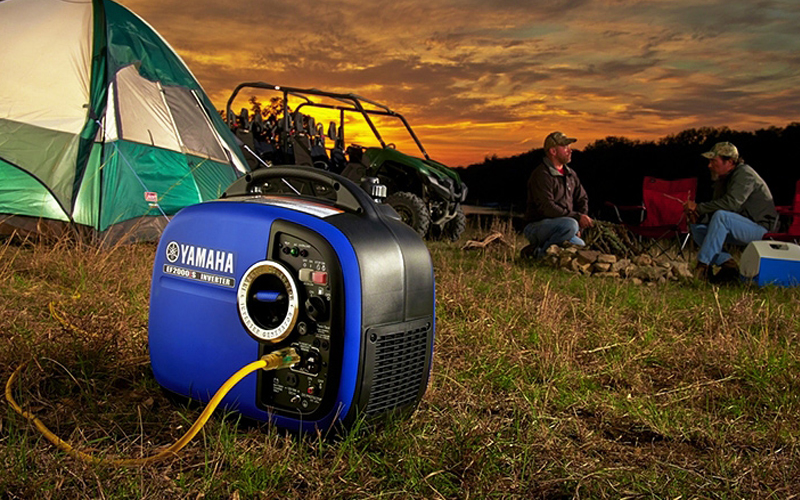
Share this article:
TopNotch Outdoor is independent – we research, test, and rate the top products to help you make the right buying choice. We sometimes use affiliate links and may receive a small commission on your purchase. Learn more…
Should I Buy A Portable Generator?
An essential aspect of any modern home is a consistent power supply. If you live in a storm-prone area, you’re no doubt well-aware of potential problems caused by power outage.
And the simple solution is using a portable generator for your home.
They aren’t big and expensive like the permanent units used in industrial applications.
Beyond that, they’re also perfect for recreational use.
Love camping but can’t live without some of the creature comforts?
Use a portable generator on a campsite, in an RV, or for an outdoor event. Believe me, it takes just a few small steps to get it running.
There’s one catch though…
These devices are gas powered, so you do need to carry enough fuel.
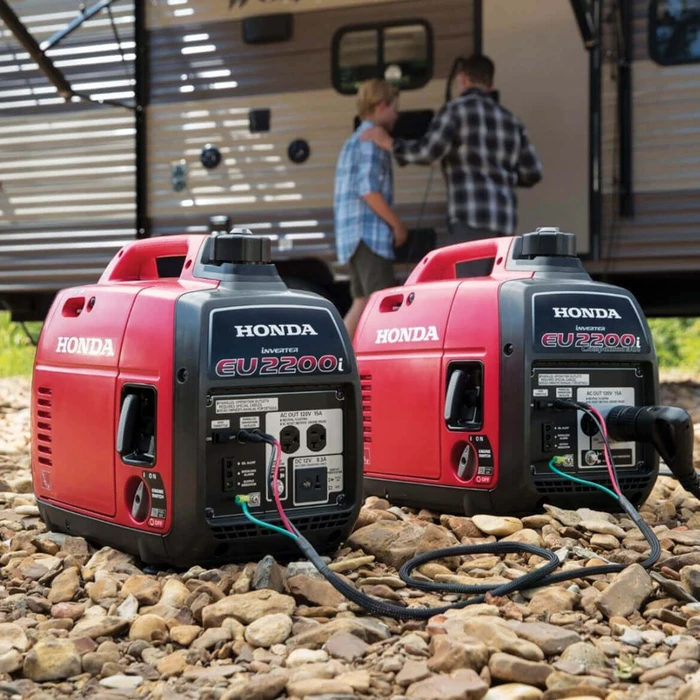
In this article, we’ll explore the various features of a portable generator to find out whether they are really great choices at home and when you’re camping.
Let’s start with a few important questions.
Related Camping Generators: 10 Best Camping Generators
Related Small Generators: 10 Best Small Generators
Q. Are portable generators worth it?
One thing’s for sure.
Suppose you live in a storm-prone area or make frequent trips into the wilderness in your RV. In either case, a portable generator is a very handy device to have around.
Technology has made these generators quieter, more fuel-efficient, and lightweight. Depending on your power requirements, you can choose the right one to power all the appliances you need.
Now, you may feel that a standby generator is a better option for powering the whole house.
But keep in mind it doesn’t offer a very high degree of flexibility. Moreover, standby generators generally also have higher installation and maintenance costs.
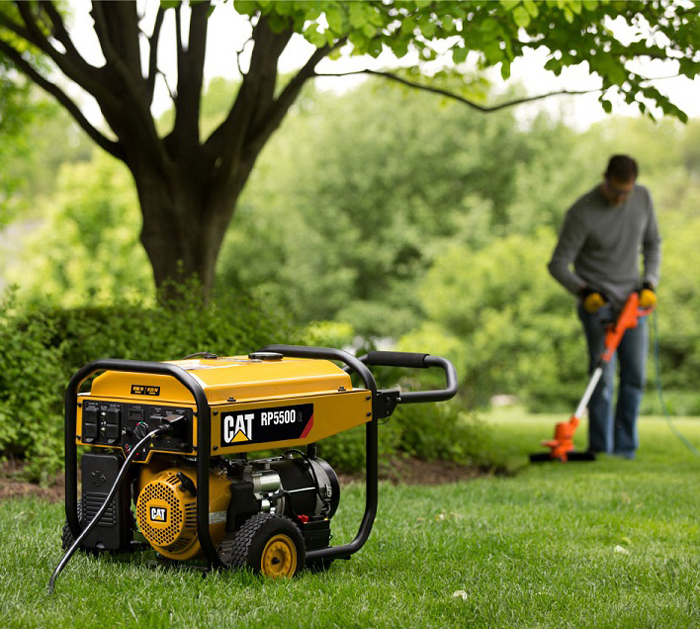
To make things simple, here are some of the major advantages of a portable generator.
- Portable generators are cheaper than standby generators and they’re pretty simple to use. You can simply connect devices by using extension cords, without needing any transfer switch.
- For sure the biggest advantage is portability. Unlike a standby generator, you can move it around the house or carry it in your RV as you need. Some of the larger models also come with a set of wheels for greater mobility.
- The portable generators can run on a variety of fuel types including natural gas. Some of them are also dual-fuel type. On top of that, you get excellent ease of use – perfect for almost everyone,
- They are a perfect portable power source for outdoor trips and campsites. Quite simply, the best choice for enjoying a party in your backyard or a freshly brewed cup of coffee at the campsite.
Definitely, portable generators can be a real lifesaver in a variety of situations.
To make sure you choose the right model, take a look at the TopNotch Review of the Best Small Generators.
Q. How long do portable generators last?
The TopNotch approach is simple. No matter what you buy, it should offer great value for money.
And that includes long term performance.
The first thing is – reliability.
When you’re looking for reliable backup power during power outages, a generator should deliver power without fail.
What about the price?
Well, small generators are available from a starting price of around a few hundred bucks.
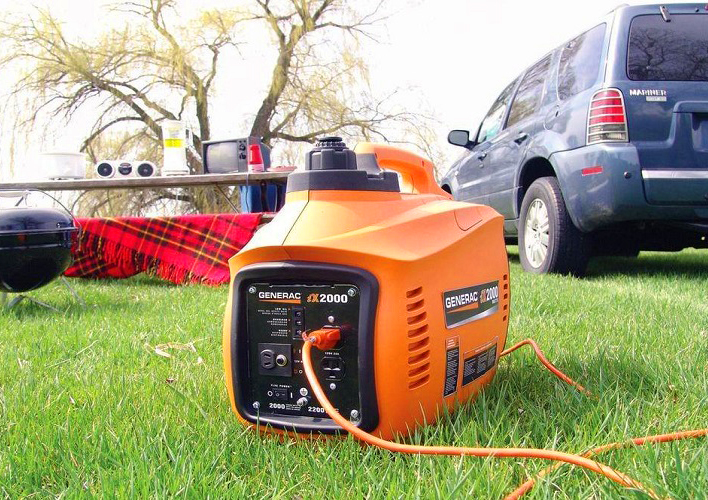
Depending on the power output, features, and brand, the price will go up from there.
Coming back to the point…
The TopNotch expert opinion is that most portable generators run for 2000 to 3500 hours.
Considering that they will usually only run for an average of a few hours a week in a home, they can easily last for decades.
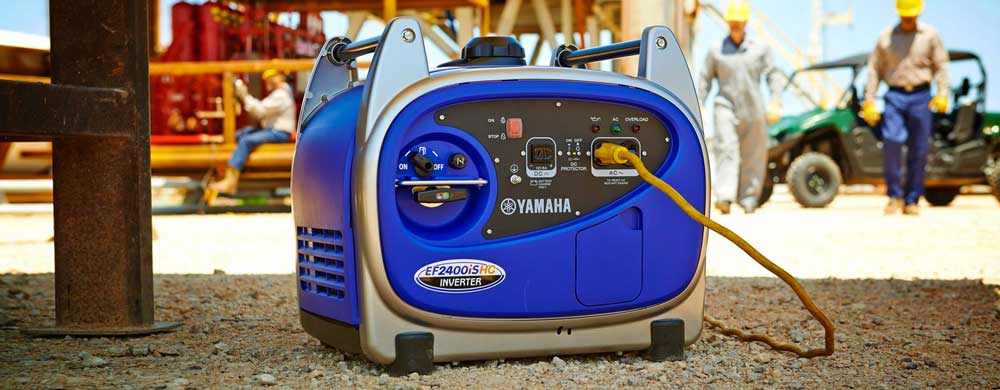
On the other hand, if you run a generator for multiple hours a day in a commercial setting, it won’t last as long of course.
The deciding factor is the overall design and quality of build.
One important point is the engine performance. Quite simply, an engine is the prime component of a generator and its design plays a very important role.
Keep in mind that the power output of the generator should match with the electronics it’s powering up.
Warning: Run a generator at its peak power limit for prolonged periods and it’ll wear down much quicker.
Point to be noted: The right kind of usage and regular maintenance will play a role in the overall lifespan.
Also, try preventive maintenance.
For example: keep the fuel tank clean and replace air filters at regular intervals.
Q. Can I run a generator in the rain?
If you ask me what the best generator for outdoor lovers is, the answer is simple. An inverter generator with a low noise level.
The reason?
It’ll give you stable power for all your sensitive appliances.
Next, it also has excellent fuel efficiency.
But as an outdoor device, can it run in the rain?
The simple answer is…
… always check whether the manufacturer instructions list it as waterproof. If not, you shouldn’t use it during a shower.
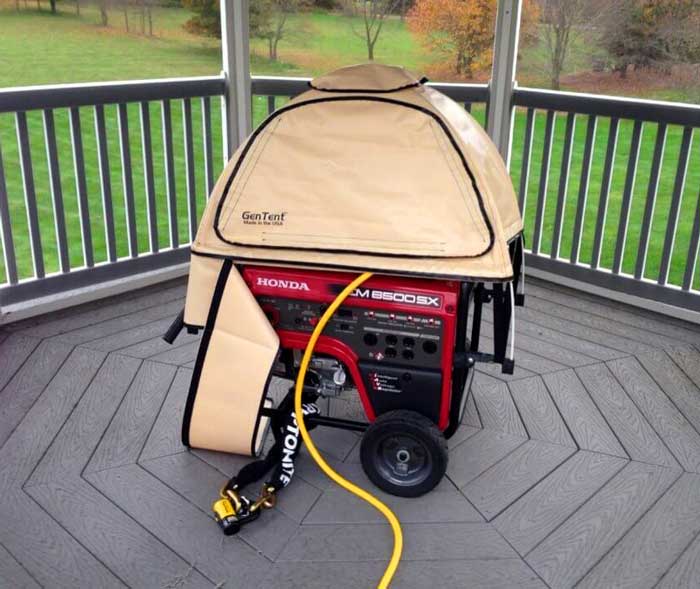
In fact, when a generator gets wet it can become a safety hazard. And that can lead to electrocution or even an explosion.
Even traces of moisture in the outlets can lead to a malfunction for an inverter generator.
Admittedly, this is one advantage of a standby generator.
To prevent rainwater getting in, they are often placed in covered areas or under canopies.
But, a canopy can increase the cost of a standby generator.
So, in case you need to use a generator in the rain or snow, we suggest you invest in a special cover. There are specially designed canopies that won’t affect the performance.
For a home generator, you can design a steel enclosure. Even better, you can make your own DIY generator cover.
However, make sure there’s enough ventilation to prevent overheating. Also, use materials that are lightweight but durable enough to withstand the elements.
The bottom line is: You should take all necessary precautions to keep the generator as dry as possible.
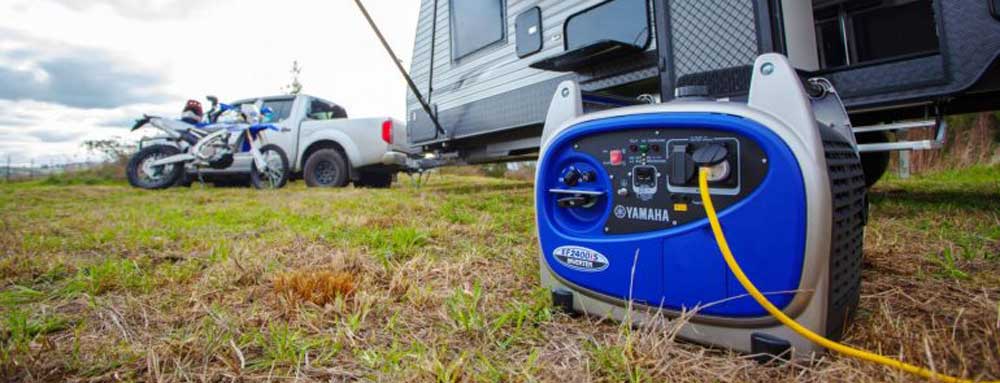
As you can see, a portable generator is an incredibly useful piece of kit to tackle all your power needs.
Whether at home during a power outage or for a few days of off-grid living.
For any emergency situation, they’re great choices for delivering backup power at a reasonable price.
The trick is, you need to pick the right model depending on your power needs. The right device will run anything from smaller appliances to a sump pump, and even a large air conditioner unit.
Apart from that, you should also consider portability, fuel-efficiency, user-interface, and safety features.
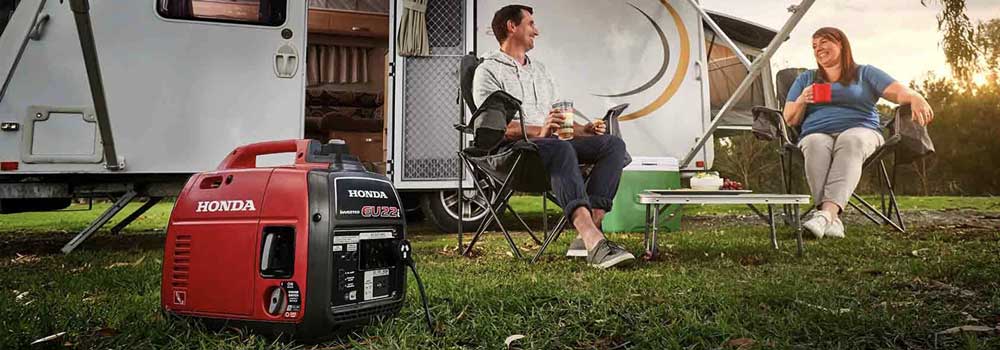
Conclusion: Should I Buy A Portable Generator?
Not to forget, the noise level is an important consideration for home or outdoor use.
The TopNotch team undertook a thorough review of the 10 Best Portable Generators 2024. Based on that, we’ve listed down the TopNotch Guidelines and Top Choices for buyers.
Feel free to check that out.
Before you buy a generator, we advise you read through the safety factors associated with it.
Make no mistake about it…
…a gas-powered generator should be used in open spaces at all times. As you probably already know, the concentration of exhaust fumes in enclosed spaces can lead to carbon monoxide poisoning.
If you’re looking for a solution from power outages, it’s time to choose a small generator to provide power for your home.
Odds are you won’t consider a standby generator again.
And as for outdoor lovers – taking along a generator will mean you can bag yourself those creature comforts for your next adventure in the wild!
Over to you to make your choice – which is best for you?
Related Camping Generators: 10 Best Camping Generators
Related Small Generators: 10 Best Small Generators

![Champion Generator 3800W: Definitive Review ([currentyear]) Champion Generator 3800W: Definitive Review (2024)](https://topnotchoutdoor.com/wp-content/uploads/2020/06/Champion-Generator-3800W-FI-768x480.jpg)
![Suaoki Portable Power Station (400 watts): Definitive Review ([currentyear] Suaoki Portable Power Station (400 watts): Definitive Review (2024](https://topnotchoutdoor.com/wp-content/uploads/2020/07/SuaokiPortable400Whfeatureopt-768x480.jpg)
![Motorhome Gas Mileage [Definitive Guide] [currentyear] <br>[NEW RESEARCH] Motorhome Gas Mileage [Definitive Guide] 2024 [NEW RESEARCH]](https://topnotchoutdoor.com/wp-content/uploads/2020/11/Motorhome-Gas-Mileage-FI-768x480.jpg)


